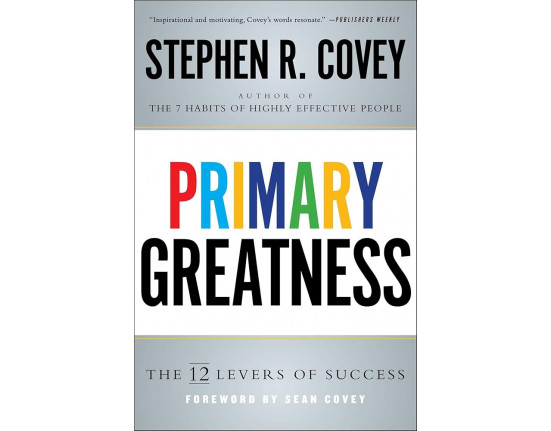Dear Rachel,
I have 4 daughters. Each one
of the girls, though they have good traits, have issues that take up all my
time. Two of them have learning difficulties, one is considered on the autism
spectrum with sensory and social challenges, while the other has a strong,
defiant nature. I love each one of them but sometimes I imagine just running
away from all this and escaping, starting a new life. Then I realize it’s all
just fantasy thinking. What is most challenging is how I feel out in the world.
The judgment I know that people have towards me as a parent when they have no
idea the whole story and situation. I have spoken to experts and have read
countless parenting books and can honestly say I have tried my best. But no one
knows what I’ve been through. I feel embarrassed and discouraged. Can you offer
any words of consolation?
Sincerely, Shira
Dear Shira,
Parenting is a universal
challenge. Though we’ve all experienced wanting to flee a difficult situation,
the unique pressures of childrearing, especially kids with difficult issues,
can be taxing and trigger that need to escape. Just remember: You are needed!
And the bigger and more important the job, the more people will likely judge,
and the more pressure you may feel as a result. Think of a president or a prime
minister and how much people scrutinize every little thing they do or say.
Instead of fighting against this reality, our task is to learn to accept this
as human nature and in doing so, work to rise above it. Rising above it means
staying focused on what our G-d given purpose is in a given situation. After we
recognize our purpose, we can then look at the choices we have available to us
to best respond to life. THIS IS OUR PRIMARY JOB. In contrast, when we become
distracted by what others think, we forget our primary purpose and instead put
misguided energy into something we can never control: a job that does not
belong to us. The job of an outside observer is to practice keeping a
compassionate, open-minded and non-judgmental perspective, as we often do not
know the whole story of what we see or hear. However, this kind of thinking
requires maturity and self awareness, which not everyone takes the initiative
to develop. But what you do have control of is how you respond to what others
think. Never feel the need to explain anything about your life to people who do
not need to know. When you have negative thoughts about a perceived judgment
from others, become mindful of those thoughts and treat them like a loving
parent would treat his own child. After all, our feelings often represent our
inner child. Name exactly what you are feeling—for example, «I am feeling like
an outcast». Afterwards, ask yourself, «what is the objective truth here?» The
answer might be, «The truth is, I am not an outcast. Rather, I have a unique
mission as a mother entrusted by G-d with raising four unique souls with
different challenges who need me to accept them, believe in them, and guide
them in life». Redirecting your thoughts to the truth is imperative! Negative
thoughts can also be handled by asking yourself, «is this thinking serving me
in a positive way?» An increase in your overall level of happiness can be
significantly increased when your attitude shifts and instead of expecting life
to be easy, rather you strive for it to be meaningful. The best and most
empowered way to live is to connect each of your obligations in life to the
opportunity for spiritual growth and character development. Everyday
internalize the message that every challenge gives you the chance to grow: to
practice patience, self awareness, wisdom, will power, compassion…the list goes
on and on. When you learn to embrace this attitude, you will be able to accept
everything that comes your way. What an example you will be for others! As
Jews, every morning when we open our eyes, while we are still in bed, the first
words we speak are words of gratitude to our Creator who gifts us with yet
another day of life, «I gratefully thank You…» is how we start the modeh ani
morning prayer. Gratitude is what allows us to cultivate love for the
unexpected life we live. Learn to consistently study and practice gratitude
like you would any skill you want to master. In Gateway to Happiness, Rabbi
Zelig Pliskin writes, «If you have a positive attitude towards the events of
your life, even though to an outside observer your life might seem full of
suffering, you nevertheless will live a happy life. What to others might seem
misfortunes, you will view as opportunities for spiritual growth. (Ohr
Hanefesh, vol. 1, pp. 157-8)» Enjoy every moment and remember no one else can
be the mother to your children like you. B’hatzlacha!
All the very best, Rachel Trilokekar
Thank you to those who have
e-mailed me with their questions. If you would like your question to be
featured in the next issue of Ladies’ World, please e-mail:
RachelTrilokekar@gmail.com




















